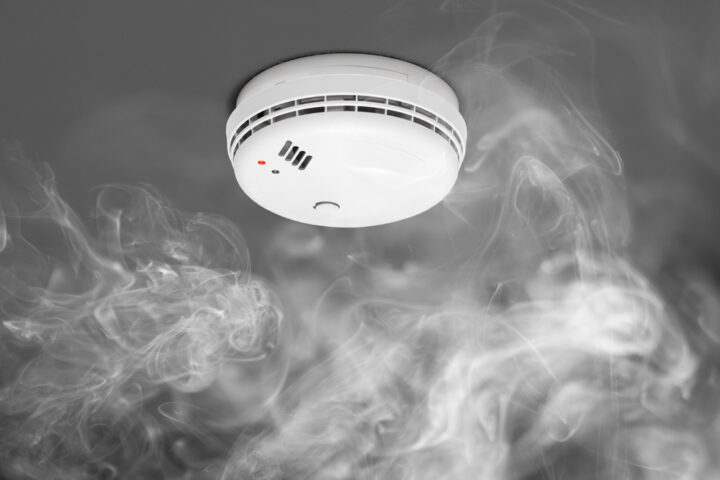
The sun is shining, the grass is green, the flowers are in full bloom and pollen is in the air, does this sound like typical summer weather to you? As perfect as the weather can be in Ottawa for a few months (or weeks), it’s just the right time for pollutants to contaminate the air you live and breathe. Here is all you need to know about what happens to your air quality in the summer.
Summer Effect On Air Quality
Unfortunately, summertime can have the worst effect on air quality. On a hot, muggy day, most people are likely to open their doors and windows. This seems like the best idea to create natural ventilation and to avoid turning on the air conditioner and racking up electricity bills. However, opening all your doors and windows allows the dreadful winter and spring season dust particles and bio-effluents that are found in fixtures and carpets to contaminate the air as it’s moved around.
Pollen, Dust, and Allergies
When the weather starts to be warm (a rarity in Ottawa), it can also come with many disadvantages to your indoor air quality. The air that you are constantly breathing can be contaminated with various substances such as pollen, soot, smoke from the outside and even mould spores. Exposure to these small particles can cause them to penetrate your lungs and spike up your allergies.
Moisture Control in the Basement
The summer humidity can cause moisture to arise on indoor surfaces that are usually cool. When the warm weather conditions encounter a cool environment, it condenses the moisture. Cool temperatures hold less moisture than warm temperatures. Trying to air out your musty conditions does more harm than good as it can create condensation on your basement walls and floor. Condensation often results in mould growth, causing your basement to have a musty smell. When the weather becomes extremely humid and pollen season is at its peak, consider closing your windows and turning on your air conditioner. This will allow your air to filter properly and will dry out your basement.
Opting in to purchase an environmentally-friendly air conditioner will reduce your electrical costs. Seasonal Energy Efficiency Ratio (SEER) and 50-pint Energy guide (Enerstar) are two air conditioner options that will reduce energy bills and will provide quality indoor air. It is important to understand when to naturally ventilate your indoor environment and what to avoid doing to reduce unnecessary moisture accumulation in your home.
What Are The Health Effects of Particles?
The most common particles are respirable suspended particles (RSP), these are found in mould spores, pollen or construction dust and are almost impossible to avoid in the outdoors. For people who suffer from allergies, RSP affects their indoor and outdoor environments. Thankfully, the amount of dust can be reduced when it is being controlled by an air filtered and dry indoor environment. Particles have various aerodynamic properties that impact how they are transported, the effects they can have on our respiratory system and how they can be reduced.
Five Steps For Easy Installation of The Types of Filters
Filters will help keep your air clean and safe to breathe. HEPA filters are low and electrostatic; they are added to your furnace and help to reduce RSP and other unwanted particles. Firstly, you will need to turn off your furnace to be able to pull out the filter to determine its size. Then you will want to head over to your local hardware store to purchase the same size of the filter either M.E.R.V 17-20 or HEPA. Once you have purchased the new filter, slide it into your furnace filtering housing by plugging the low voltage adaption into the wall outlet or by following the instructions provided. Lastly, turn on the thermostat switch on the furnace to “auto” to “on” for continuous fan operation.
Summertime and the effect it can have on air quality don’t have to be feared. At Indoor Air Quality, we are qualified experts that will provide unique air quality solutions for you to improve your overall health and prolong the life of your home. Contact us today and let’s enjoy a happy and healthy summer!
This article was adapted from “Summertime and the Living Ain’t Easy” Healthwise Ottawa 2008 article.






